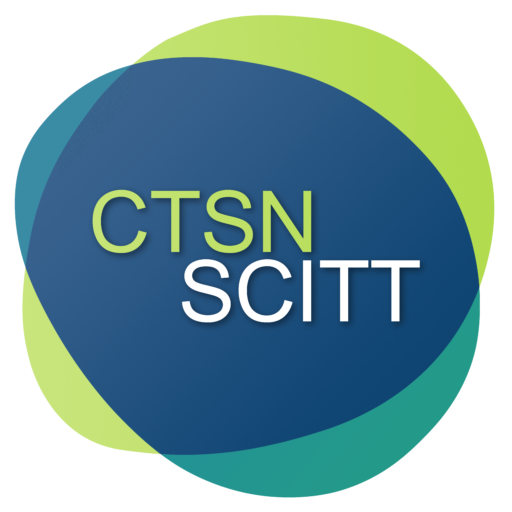Secondary [11-16*]
During the year, all our secondary trainees spend four days in school, and attend core training on Fridays. School experience and core training go hand in hand to enable our trainees to get the best possible experience of what it is like to work in a secondary school. Core training is led by local expert teachers; training is not only evidence-based but routed in expert practice.
Our core training facilitators are experts in their field and most of them are currently teaching, or leading, in one of our partner schools and consider it a privilege to pass on their knowledge to the next generation of teachers.
Whilst in school, trainees will have some teaching, which will increase throughout the year, but also have plenty of time to get involved in other training activities:
- Observing experienced teachers;
- Working with students in smaller groups, or in one-to-one tutoring;
- Time for assessment & planning;
- Reading, writing & research into effective learning and teaching
You will have two placements in two contrasting schools. One in the Autumn term and the second across the Spring and Summer terms. In addition, there will be other opportunities which will include:
- A primary school
- A SEND school
- Post-16 teaching
- A school with high levels of EAL (English as an additional language)
CTSN SCITT routinely offers Initial Teacher Training (ITT) courses in most Secondary school subjects. Most of these are the 11-16 year age range ie Key Stages 3&4. *Our psychology and business studies courses are for the 14-19 year age range ie Key Stages 4 & 5.
If you are interested in a subject that is not listed, please contact us as we may be able to run a programme for you.
| Art & Design | Drama | Modern Languages (French and Spanish) |
| Biology | English | Physical Education |
| Business Studies (14-19) | Geography | PE with an EBacc subject |
| Chemistry | History | Physics |
| Computing | Mathematics | Psychology (14-19) |
| Design & Technology | Modern Languages (French and German) | Religious Education |
The non-salaried course leads to the award of both QTS and PGCE, with Anglia Ruskin University.
Every trainee will have a dedicated subject specialist mentor, with whom training is planned and evaluated at weekly mentor meetings; these meetings are the hub of the school based training.
Most of the Core Training on Fridays will look at issues in learning & teaching common to all trainees, such as assessment, differentiation, or behaviour management.
There are also regular (approximately every three weeks) subject afternoons to look at more subject specific pedagogy. Trainees say that this is one of the strengths of our course
In addition, each trainee will be assigned to one of the senior tutor team to oversee all aspects of the ITT year. The senior tutor team act as personal tutors throughout the course. Click [here] to read more about our tutors.
The course is designated 11 – 16, but all trainees gain some awareness of the preceding and succeeding age groups, and many will have opportunities for training in Sixth Form classes. (Business studies and psychology are the exceptions: designated 14-19.)

Most secondary trainees are financially better off on a non-salaried route;
See the ‘finances‘ page for further info. about fees and funding). Furthermore, being a non-salaried trainee means that all the time in school is on a supernumerary basis; this means that all four days can be spent on training activities, and there will always be a more experienced colleague on hand for help and advice.
Non-salaried trainees will spend the Autumn Term, until Christmas, in one school, and then January to June in their main placement school.

Non-salaried trainees will be able to gain not only QTS, but also a PGCE awarded by Anglia Ruskin University
Most of our courses are available on a salaried basis, usually on the Unqualified Teacher Scale 1 Rate (around £17,000). This means that the trainee is an employee of their ‘main’ school, and may have a day or two, with full professional responsibility for particular classes.
Salaried trainees are based at their employing school for the majority of the training course, with a short, six-week placement at a contrasting school, typically in January and February. Salaried trainees will also complete an action research project, but for their professional development alone, and not for PGCE qualification.
CTSN is a large network of teaching schools, looking to develop research, development, training and support for every stage of a teacher’s career. This means that training with CTSN SCITT is so much more than a one year training course; it is the beginning of a career-long journey of high quality, professional development, supporting you throughout your teaching career.
If you are keen on the CTSN SCITT, but interested in a different subject, then please contact us, as we should be able to add alternative subject choices if needed.
![]() CTSN SCITT is proud to work with Now Teach to well people who have already succeeded in one walk of life and who are ready for a new, quite different challenge read more.
CTSN SCITT is proud to work with Now Teach to well people who have already succeeded in one walk of life and who are ready for a new, quite different challenge read more.


